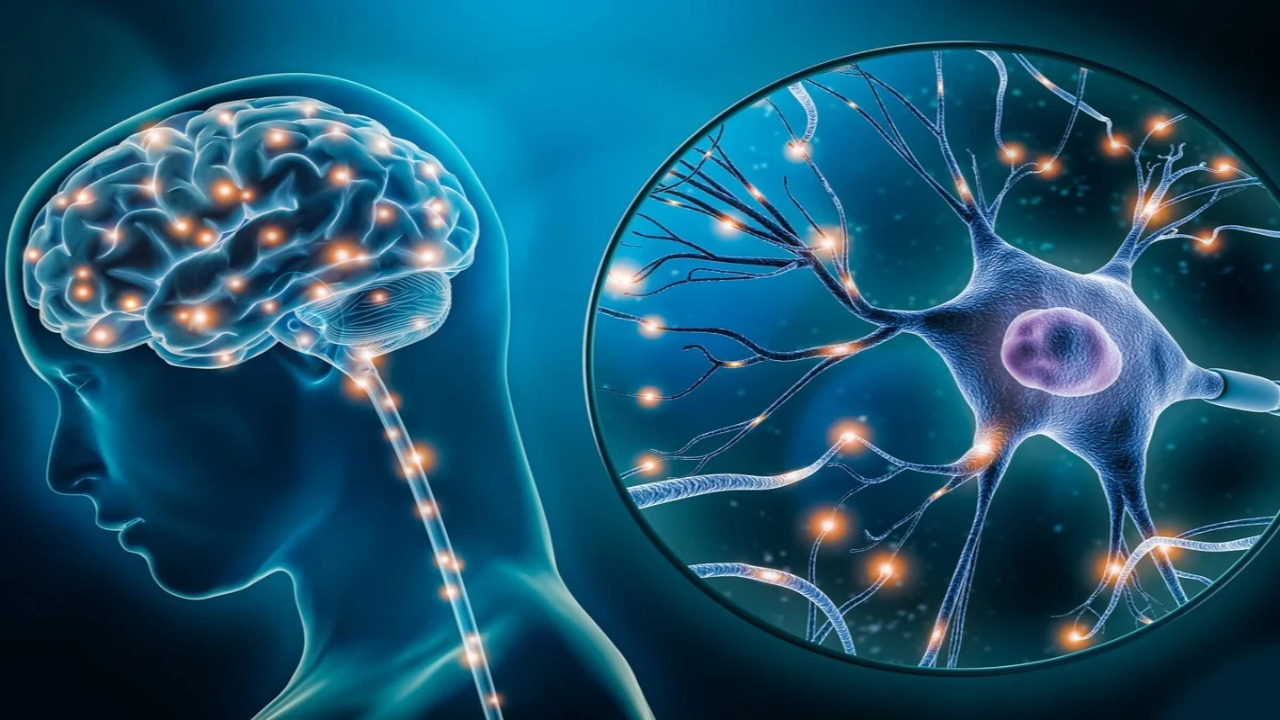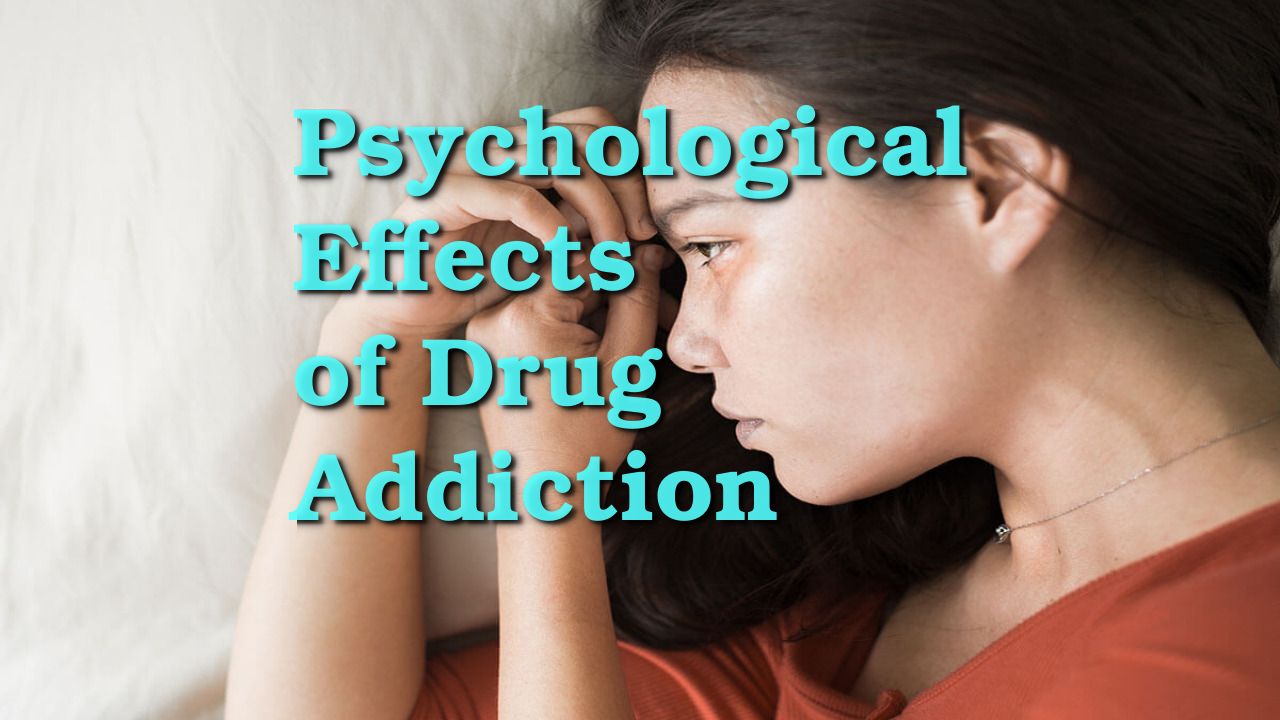Psychological Effects of Drug Addiction
Addiction is commonly interwoven with other mental health conditions, but this relationship doesn’t necessarily have a distinct directionality. For instance, people with substance use disorders are roughly twice as likely as a mood or anxiety illness. In contrast, people with mood or anxiety disorders are almost twice as likely to have a substance use disorder. Although the causal relationship between these problems is unclear, it is undeniable.
Addiction to alcohol or drugs can cause a wide range of emotional discomfort. These effects can have negative impacts on your life, and you should make use of the luxury rehab visit website. In this article, we will analyze the psychological effects associated with drug addiction.
Effects on the Brain

The parts of your brain responsible for emotion and motivation are hardwired to make you seek out and replicate positive emotions and experiences. Consequently, you will be inspired to carry out these actions once more. The reward system in the brain is the primary target of potentially addictive drugs. They release a lot of dopamine into your brain. This causes people to experience a rush of pure joy.
The increased dopamine eventually becomes normalized by the brain. As a result, a person may require a higher dosage to achieve the desired effect. The enjoyment they once took in things like eating and spending time with loved ones may have diminished. Long-term substance abuse can also affect the brain’s natural chemical processes and circuitry.
Depression

Substance misuse is strongly linked to depression and other mood disorders. This link could be explained by the fact that people with depression are more likely to experiment with drugs, or it could result from the latter’s ability to bring about neurobiological alterations that exacerbate depressive symptoms. Some people try drugs to alleviate their despair. However, this method only works while the user is high. During the withdrawal process, it may exacerbate depressive symptoms. Depression and other mood disturbances are part of the withdrawal syndrome from many drugs. This can make getting sober more difficult.
Anxiety

Addiction is linked to both anxiety and panic disorders. The root of the problem is murky and may vary from person to person. A person who uses drugs (like Xanax or benzodiazepines) to manage their symptoms may fall into an abuse pattern. One additional person may have a history of drug usage, which may have led to severe anxiety. Anxiety is a common and, depending on the level, potentially dangerous adverse effect of many drugs, especially stimulants like cocaine. Anxiety is a common side effect of withdrawal from other drugs, including benzodiazepines.
Paranoia

Paranoia is one of the side effects of substances like cocaine and marijuana, and it can worsen with continued usage. Addicts may also feel the urge to cover up their substance abuse because they fear exposure. Long-term drug abusers may develop paranoia due, in part, to the fact that many addictive chemicals are prohibited.

